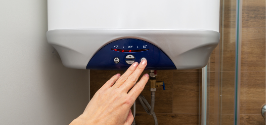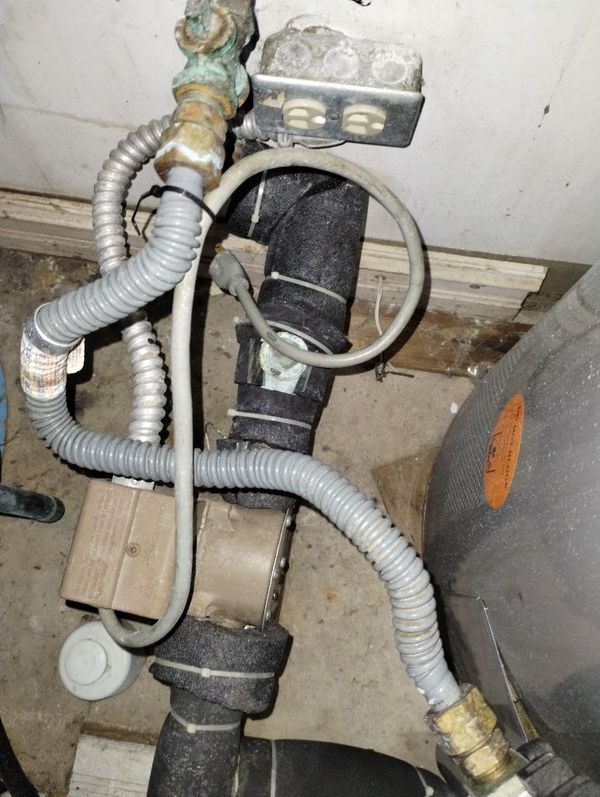The lifespan of a water heater depends on various factors, including the type of heater, its maintenance, and the quality of installation. Here's a general summary of the life spans of different types of water heaters:
Tank-Type:
Gas: On average, gas water heaters have a lifespan of 8 to 12 years. Regular maintenance, such as flushing the tank and checking the anode rod, can extend their longevity.
Electric: Electric models tend to last slightly longer than gas ones, with an average lifespan of 10 to 15 years. Similar maintenance practices apply to prolong their effectiveness.
Tankless:
Tankless water heaters typically have a longer lifespan compared to tank-type heaters. With proper maintenance, they can last 20 years or more. Regular descaling and flushing are essential for optimal performance.
Heat Pump:
Heat pump water heaters are energy-efficient but may have a slightly shorter lifespan than tankless heaters, averaging around 10 to 15 years. Maintenance, including periodic inspection of the heat pump components, is crucial.
Solar water heaters can have a lifespan of 20 years or more. They rely on the longevity of the solar collector and storage tank. Regular check-ups and maintenance of both components contribute to their extended lifespan.
Factors influencing the lifespan of water tanks include water quality (hard water can cause more rapid deterioration), installation quality, usage patterns, and adherence to a routine maintenance schedule. Regular inspections, flushing, and addressing any issues promptly can significantly impact the longevity of a water heater.
It's important for homeowners to be aware of the expected lifespan of their specific tank type and consider replacement or upgrading when nearing the end of its service life to avoid unexpected failures and potential water damage.





